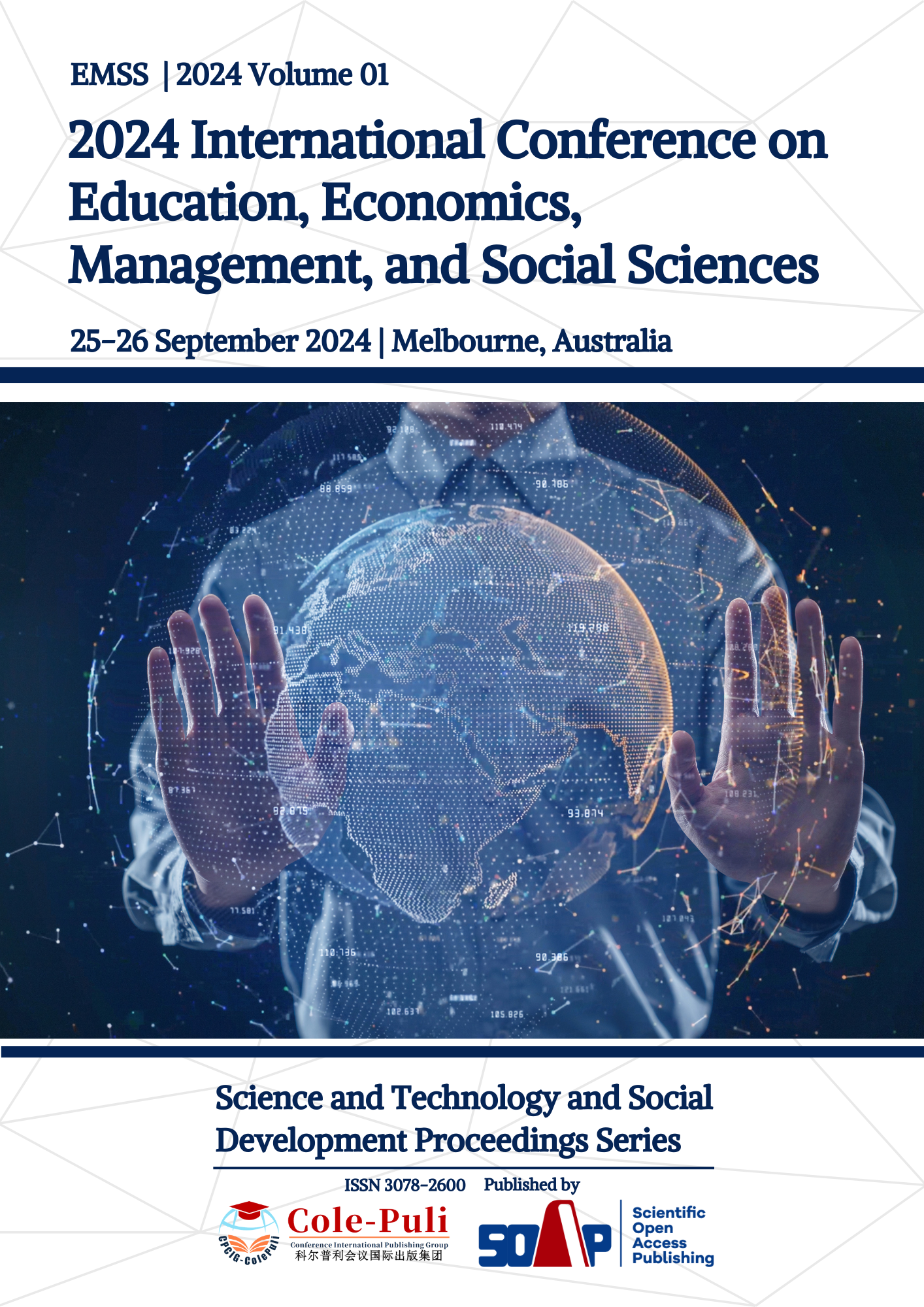Willingness to Share Debunking Information on Social Media — An Exploration of Influencing Factors from the Perspective of Media Affordance Theory
DOI:
https://doi.org/10.70088/cs978k90Keywords:
social media, media affordance, refutation information, S-O-R modelAbstract
With the rapid advancement of technology, social media platforms have become crucial channels for the dissemination of refutation information. This study investigates the underlying mechanisms through which media affordances influence users' willingness to share such information, adopting a technological perspective. The aim is to understand how the affordances provided by media platforms enhance the effectiveness of refutation efforts, enabling better utilization of these technological means. Building on the theoretical frameworks of media affordance and the Stimulus-Organism-Response (S-O-R) model, this research develops a model to examine social media users' willingness to share refutation information. Through a survey, 308 valid questionnaires were collected and analyzed using structural equation modeling. The results reveal that media flexibility, user agency, emotional expressiveness, social connectivity, and 24/7 push notifications—representing five key dimensions of social media platforms—significantly and positively impact users' perceptions of refutation information and their willingness to share it.
Downloads
Published
Issue
Section
License
Copyright (c) 2024 Science and Technology and Social Development Proceedings Series

This work is licensed under a Creative Commons Attribution 4.0 International License.











